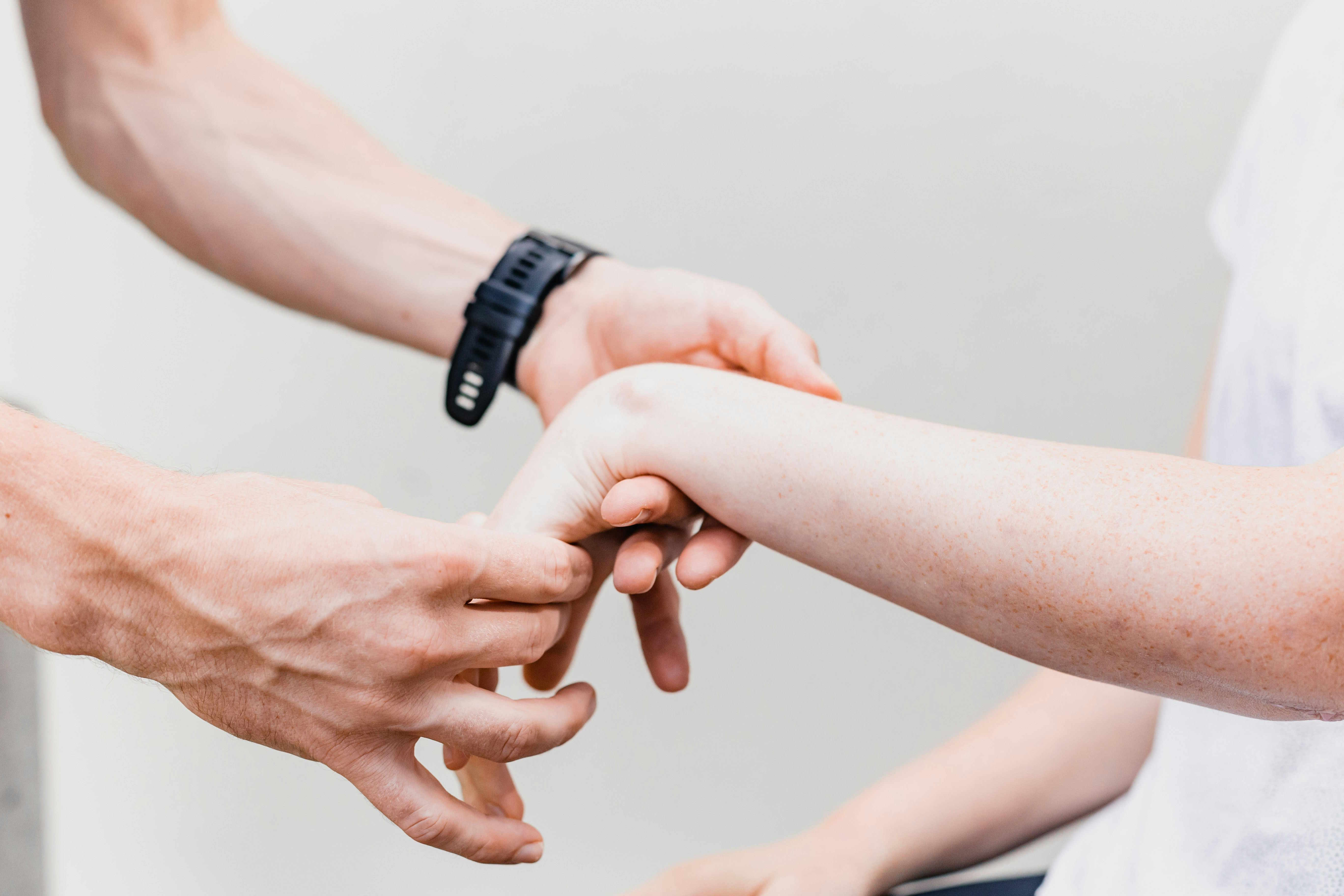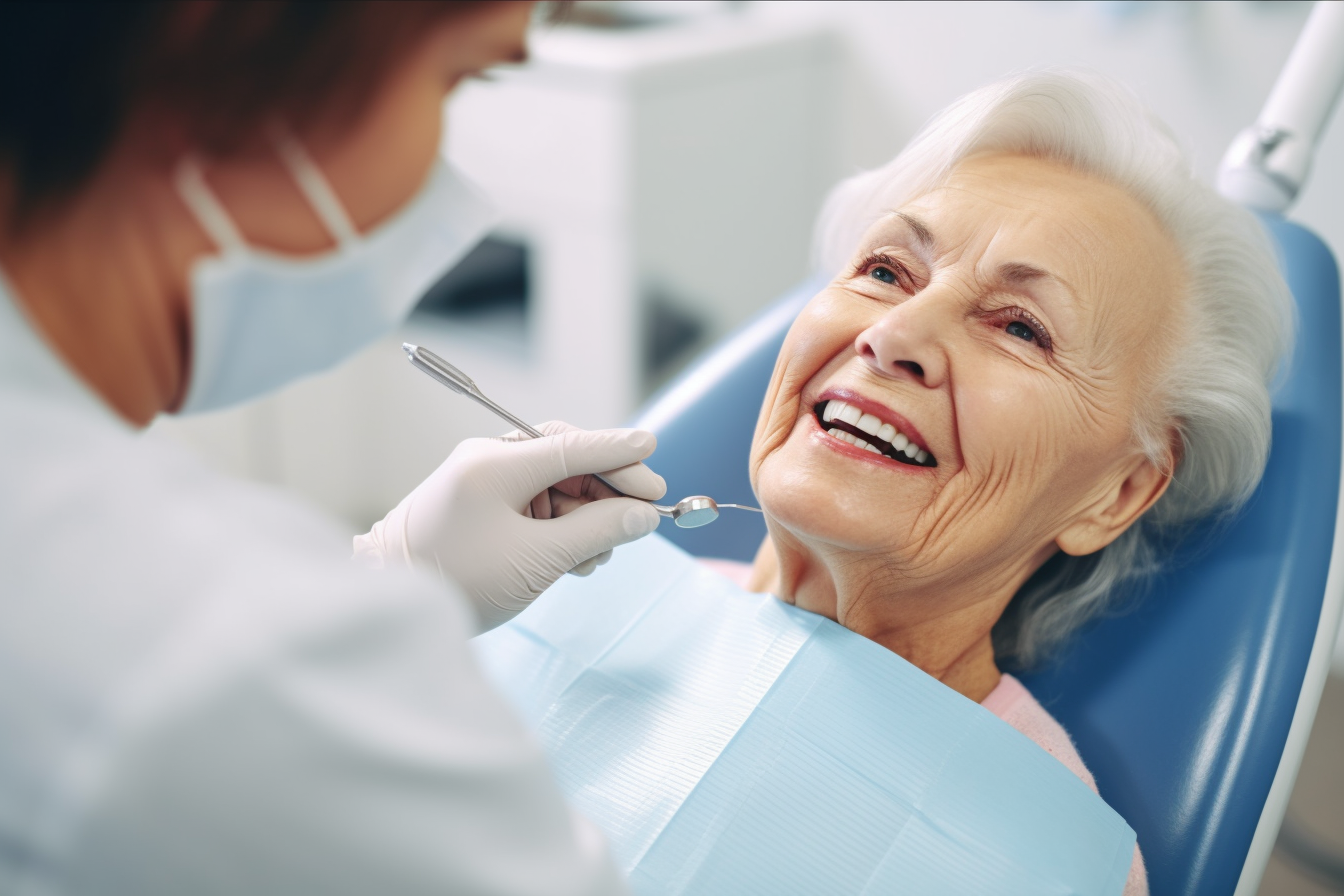How to help your man with ED?
If your partner is experiencing ED, it can be hard to know what to say and do, to make them feel better. Lots of men feel embarrassed about ED, but as we’ve discussed already, it’s completely normal, and lots of men experience it.So we’ve pulled together some of tips for broaching the subject of ED and your sex life with your partner. We’ve also got advice you can give them on lifestyle changes, which might make their symptoms better.

Erectile dysfunction is more common than many people realize, affecting approximately one in ten men at some point in their lives. For partners, watching someone you care about struggle with ED can feel frustrating and isolating. However, with the right approach and understanding, you can play a vital role in helping your partner navigate this condition and find effective solutions.
What is erectile dysfunction for men?
Erectile dysfunction for men refers to the persistent inability to achieve or maintain an erection sufficient for sexual activity. While occasional difficulties are normal, ongoing issues lasting more than a few months warrant attention. ED can stem from physical causes such as cardiovascular disease, diabetes, hormonal imbalances, or neurological conditions. Psychological factors including stress, anxiety, depression, and relationship issues can also contribute significantly. Many men experience a combination of both physical and psychological triggers, making it essential to address the condition holistically rather than focusing on a single cause.
How can you provide ED help?
Providing meaningful ED help starts with creating a supportive, non-judgmental environment. Many men feel embarrassed or inadequate when experiencing erectile difficulties, which can lead to avoidance and increased anxiety. Open, honest conversations about the issue can reduce stress and strengthen your relationship. Encourage your partner to speak with a healthcare professional, as ED can sometimes indicate underlying health conditions requiring medical attention. Accompany him to appointments if he feels comfortable, showing that you are a supportive partner throughout the process. Additionally, focus on intimacy beyond penetrative sex, exploring other forms of physical connection that can reduce performance pressure and maintain closeness.
What ED treatment options are available?
Several ED treatment approaches exist, ranging from lifestyle modifications to medical interventions. Lifestyle changes often form the foundation of treatment and include regular exercise, maintaining a healthy weight, reducing alcohol consumption, quitting smoking, and managing stress through relaxation techniques or therapy. Medical treatments include oral medications such as sildenafil, tadalafil, and vardenafil, which improve blood flow to the penis. These medications are highly effective for many men but require a prescription and medical supervision. Other options include vacuum erection devices, penile injections, hormone therapy for those with low testosterone, and in some cases, surgical implants. Psychological counseling or couples therapy can address emotional and relationship factors contributing to ED.
When should you seek professional help?
Seeking professional help should occur when erectile difficulties persist for more than a few months or cause significant distress. Early intervention often leads to better outcomes and can identify serious health conditions such as heart disease or diabetes that may be contributing factors. A general practitioner can conduct initial assessments, including blood tests to check hormone levels, blood sugar, and cholesterol. They may refer your partner to a urologist or specialist if needed. Many men delay seeking help due to embarrassment, but healthcare professionals treat ED routinely and approach it with sensitivity and confidentiality. Encouraging your partner to take this step demonstrates your commitment to his wellbeing and your relationship.
How does communication improve outcomes?
Effective communication between partners significantly improves outcomes when dealing with erectile dysfunction. Discussing feelings, fears, and expectations openly reduces misunderstandings and builds emotional intimacy. Avoid blaming or expressing frustration, as this can worsen performance anxiety and create distance. Instead, frame conversations around finding solutions together and reassuring your partner that ED does not diminish your attraction or commitment. Consider attending counseling sessions together, where a therapist can facilitate difficult conversations and provide strategies for maintaining intimacy. Many couples find that addressing ED together actually strengthens their relationship, fostering deeper trust and understanding that extends beyond the bedroom.
What lifestyle changes support recovery?
Lifestyle modifications play a crucial role in managing and potentially reversing erectile dysfunction, particularly when vascular health is a contributing factor. Regular cardiovascular exercise improves blood flow throughout the body, including to the penis, and can enhance erectile function within weeks to months. A balanced diet rich in fruits, vegetables, whole grains, and lean proteins supports overall health and reduces risk factors like obesity and high cholesterol. Limiting alcohol intake and avoiding recreational drugs prevents substances that interfere with sexual function. Stress management through mindfulness, yoga, or meditation addresses psychological components of ED. Quality sleep is equally important, as poor sleep patterns can lower testosterone levels and increase stress hormones. Encouraging and participating in these lifestyle changes together demonstrates solidarity and makes sustainable habits easier to maintain.
This article is for informational purposes only and should not be considered medical advice. Please consult a qualified healthcare professional for personalized guidance and treatment.




